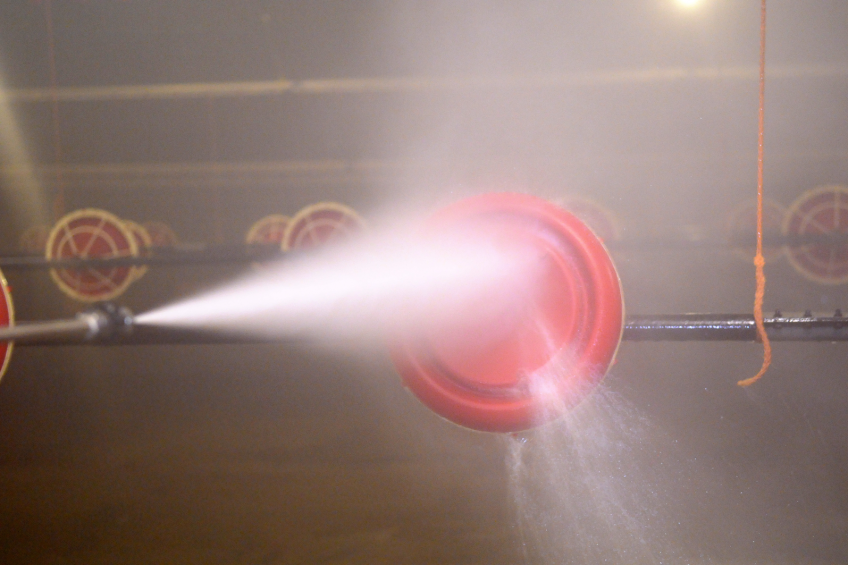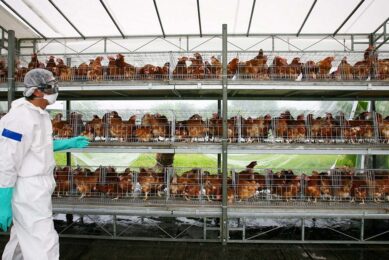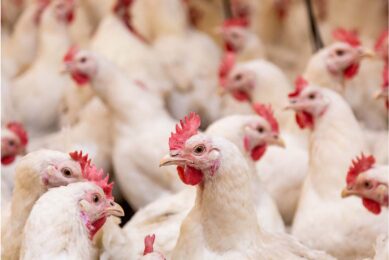Bird flu clean-up aided by industry fund

An industry fund has been established to help speed up the process of secondary cleansing and disinfection at the Staveley’s egg production unit near Preston, Lancashire – site of an outbreak of highly pathogenic avian influenza (HPAI) in July.
Site owner David Staveley explained that, initially, he had used his own staff plus a small team from Birchall Poultry Services to start the painstaking process of removing litter from the colony and free-range sheds, and then washing down.
With nine of his own staff and three contractors, the initial expectation was that the process would take six months to a year to complete.
That would have had obvious negative consequences for the whole poultry sector, as so-called “country-free status” from HPAI can only be declared three months after the completion of secondary cleansing and disinfection.
Also read: Bird flu threat escalates as virus mutates
That would have meant a number of key export markets for poultrymeat and hatching eggs would have remained closed until next year, costing the sector millions of pounds in lost business.
In response, a one-off fund of over £200,000 has been created, involving contributions from meat processors, primary breeders and egg packers, to pay for a second team of washers.
“Everyone is affected by this, either because their exports are down, or because their old hen and breeder prices are down,” said James Hook of PD Hook Hatcheries. “So everyone has paid in, with contributions ranging from £10,000 to £20,000, depending on the size and impact on their business.”
He described the fund as “an interim step”, until such time as an industry levy can be established to provide a more permanent contingency fund.
With a second team in place, the clean-up process should now be completed inside three months. Total cost is expected to be close to a million pounds.
Source: Farmers Weekly
Join 31,000+ subscribers
Subscribe to our newsletter to stay updated about all the need-to-know content in the poultry sector, three times a week. Beheer
Beheer








 WP Admin
WP Admin  Bewerk bericht
Bewerk bericht